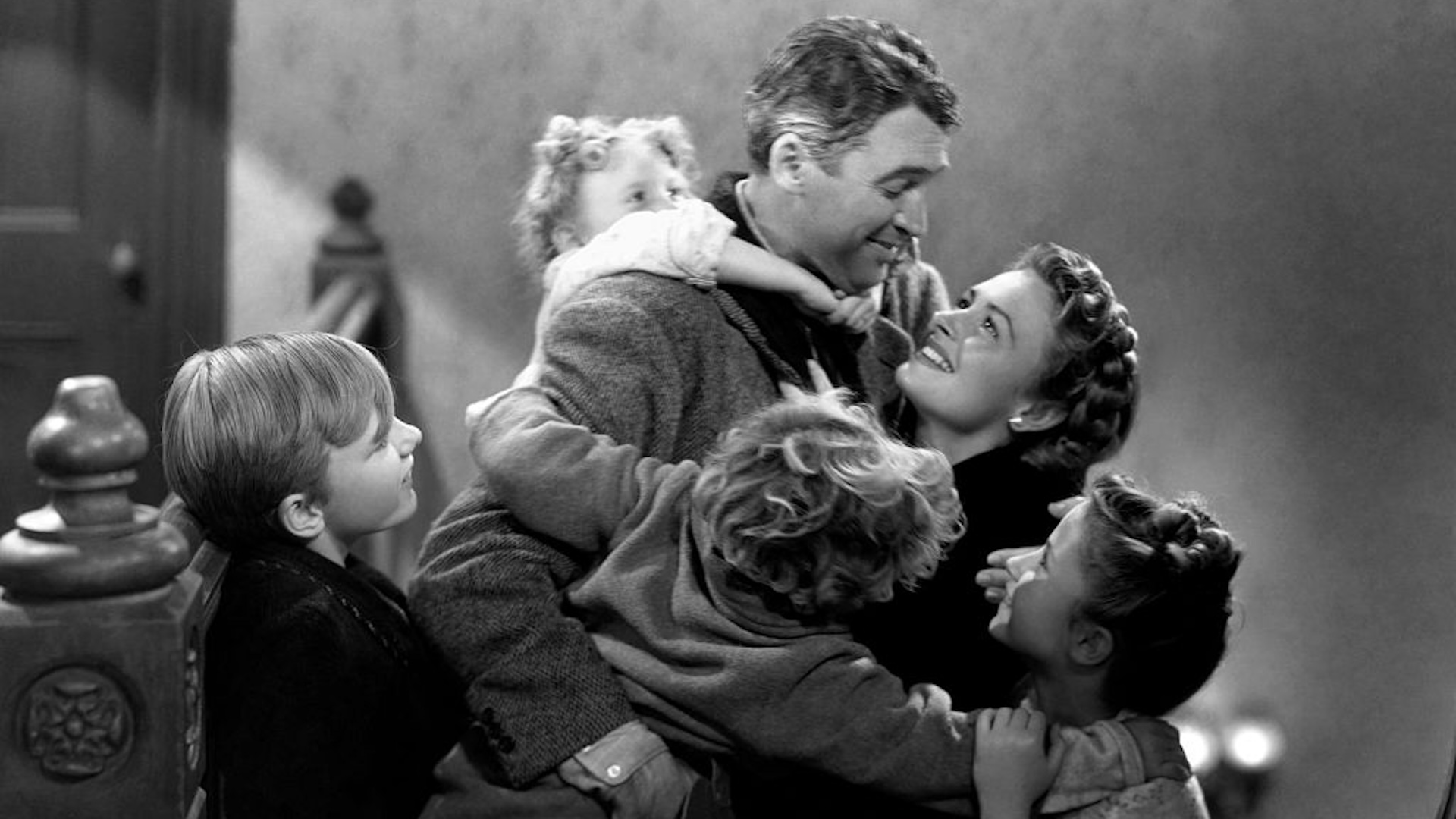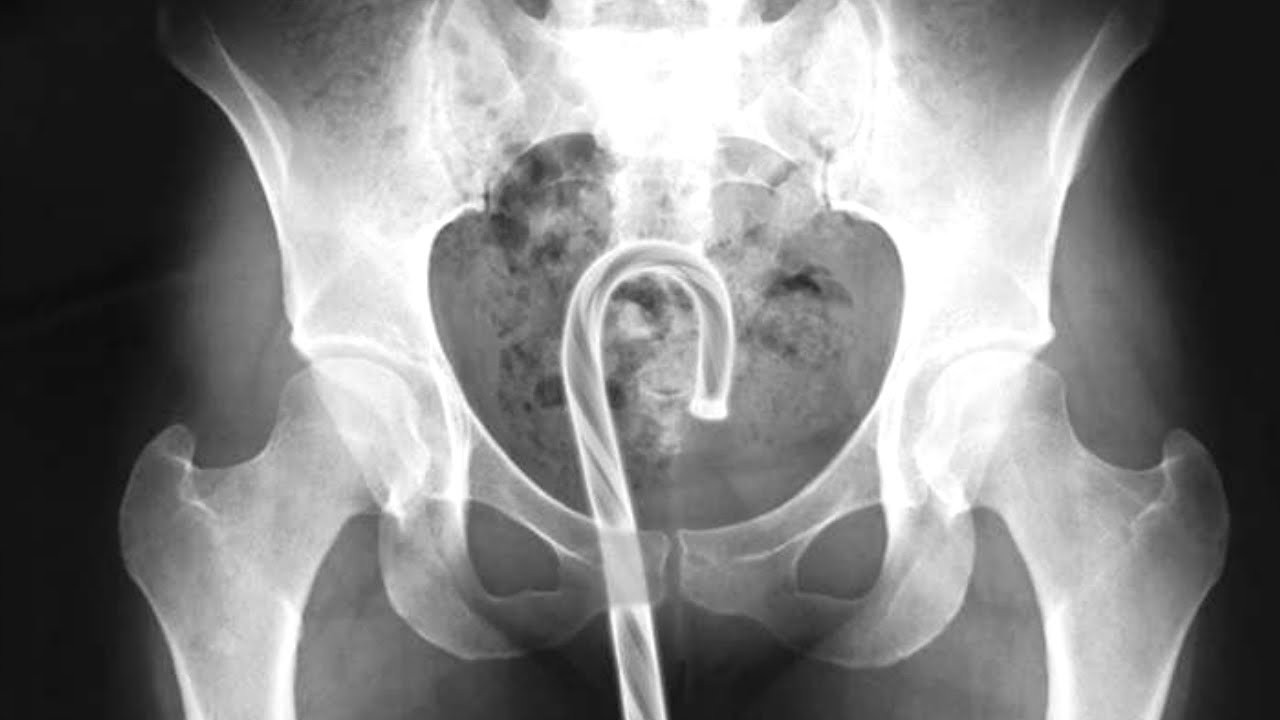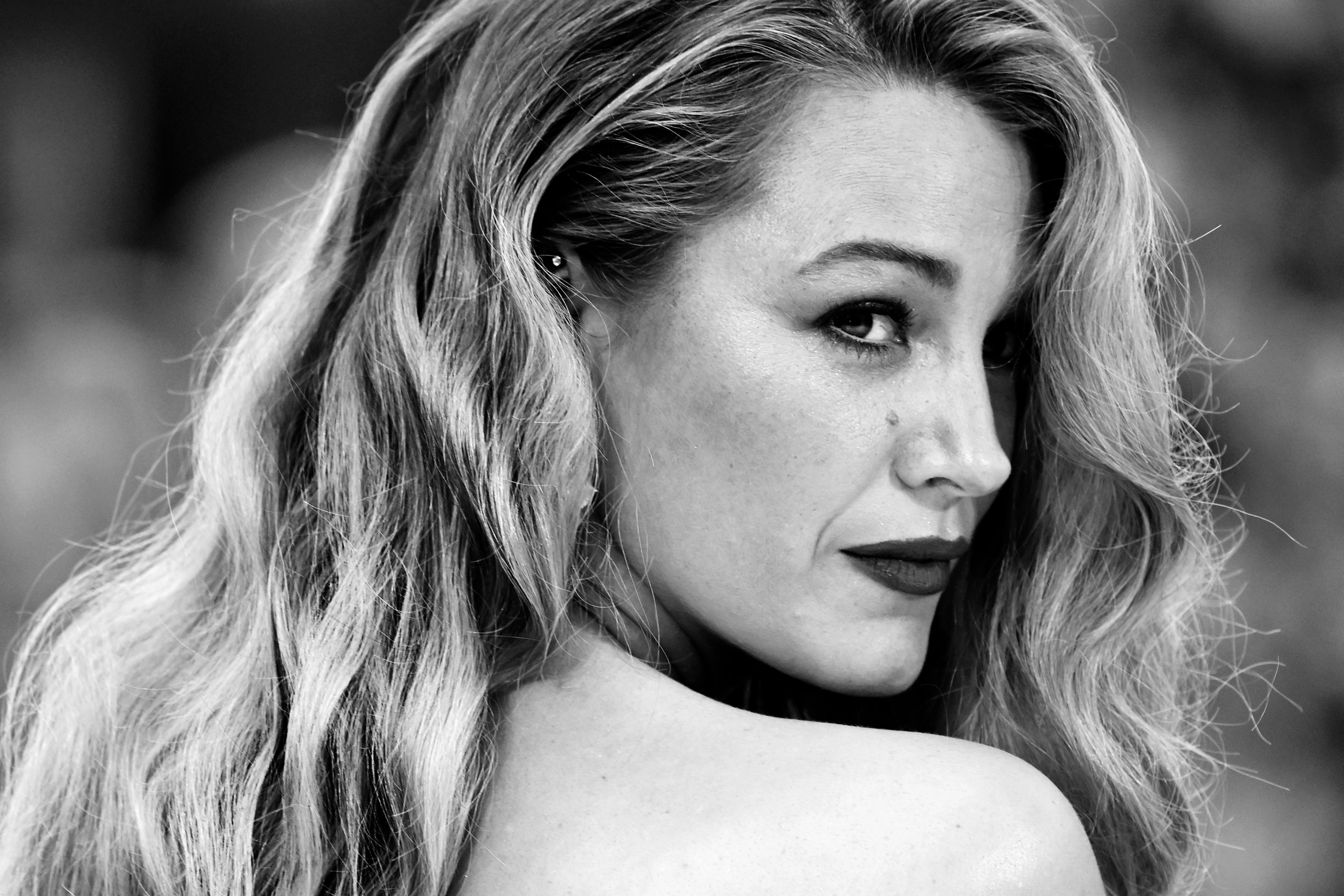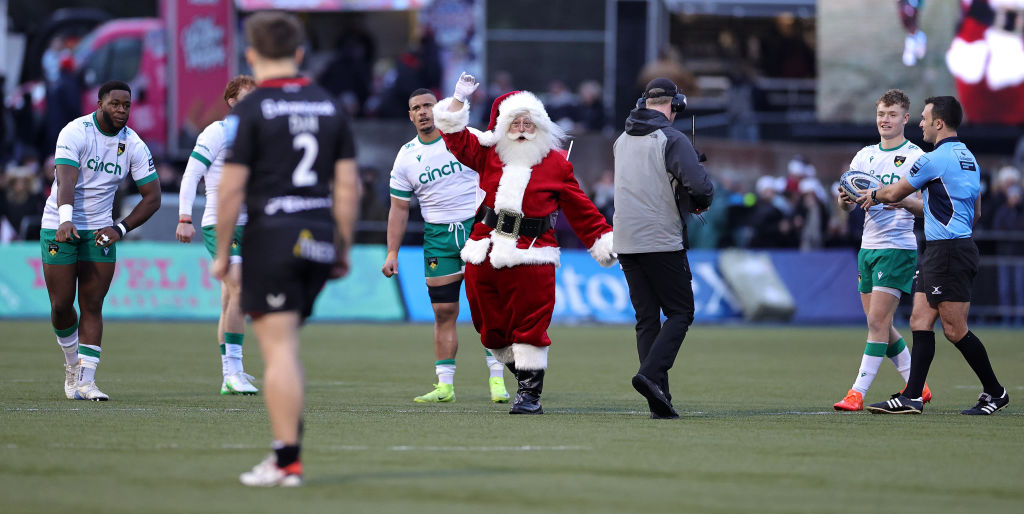The first time Olivia Finestead spoke publicly about what happened, she took to her Instagram account. On her page, she started posting stories detailing emotional and physical abuse that she said was done by her former partner and the father of her infant child, Chicago White Sox pitcher Mike Clevinger. On Wednesday, she spoke out, again, going on The Parkins & Spiegel Show on Chicago's 670 The Score. The hosts, Danny Parkins and Matt Spiegel, talked with Finestead for about 25 minutes, without any commercial interruptions.
The segment covered a lot of ground, and it's worth listening to the whole thing so you can hear what Finestead had to say with her own words, in her own voice, while juggling her infant. In those 25 minutes, Finestead managed to not just tell her story, but convey why so many women who have been abused by partners—famous pro athletes or just unfamous, unknown people—cannot do the same. Because, for example, they will face an onslaught of questions like this:
"Everyone wants to see a video or wants to see him throwing the chew spit on my kid and it's, like, oh. Am I supposed to prerecord before Mike hurts my kid or I? Am I supposed to predict when this stuff happens? Because you can't," she said, referencing the time she said Clevinger threw chew spit at their child.
Or they will be called a liar, to which she said: "It literally humiliates myself and my kid. So I would never bullshit that. I would never lie about that." About a minute later, she added: "It's not in my personality to want to ruin anyone's life, I really don't. But he's single-handedly tried to ruin my child's life and mine."
Finestead also confirmed that she had filed a police report after a lawyer told her she should do so to help document things that happened, because her child custody had been threatened. She had thought about calling the police before.
"I was going to call the cops. The first incident, June 23, Mike actually took my phone from me so I was not able to call the cops immediately because, after he choked me, that was the first thing I wanted to do," she said.
Finestead also addressed the ongoing MLB investigation, which is the focus of a lot of what's written about Clevinger right now. Clevinger has already reported to spring training with his team and he is available to play, as the league has not placed him on the commissioner's exempt list, which it did when then-Dodgers pitcher Trevor Bauer was investigated for twice physically assaulting a woman during sex (this did not result in criminal charges, but MLB's investigation did lead to Bauer being suspended for 194 games). The White Sox have said they did not know about the investigation when they signed him.
Finestead said she had already met with the league's investigators, who contacted her back in July, and she began working with them in September. Finestead had nothing but praise for the MLB investigators; she called them a great team, and she liked the resources that were offered but, as she put it, "They obviously don't get the final say."
There is a lot more to the interview. Finestead said she's heard from more women who had bad experiences with Clevinger after she spoke out. She offered advice to people in a similar situation. But perhaps her most important insight came near the end, when she was asked if she had any ill will toward the White Sox or how she would feel about another team signing Clevinger.
"Let's be real guys. My child eats off of Mike's paycheck right now. So Mike losing money doesn't benefit me at all. It doesn't benefit my kid at all. Would I like to see Mike be put in drug rehab and therapy and owe me an apology and my child? And give us our stuff back? Absolutely. And I don't think he'll ever get there until a suspension is issued.
"Am I upset at the teams? No. It's their job to hire these people. They're a company, and Mike is their product, and they're just buying their product. So I have no resentment toward any of the teams.
"I have a resentment, obviously, toward her dad for being a liar and abuser. And, awwwww, my little baby just said 'dad,' that was her first word. But, yeah, I don't have any resentment or frustration towards the teams."
This is a recurring theme in the interview—Finestead said she wanted Clevinger to get help, but there didn't seem to be any person or any organization that could make that happen. She told the hosts that, at one point, she offered to sign a non-disclosure agreement if, in turn, Clevinger got sent to therapy and she could get her stuff back. That didn't happen.
Finestead wasn't the only person speaking on Wednesday. Clevinger spoke to a gaggle of reporters, and said he was having to answer questions about nonsense. His White Sox manager, Pedro Grifol, also spoke to reporters and said that Clevinger wouldn't be a "distraction." Even other White Sox players talked about it. But I keep coming back to what Parkins and Spiegel said in their discussion afterward about why they did the interview with Finestead. It's the same reason that I'm writing this blog.
Parkins: "She's telling her story publicly. And if Mike Clevinger gets to speak in front of television cameras and on news outlets and have that amplified, if the accuser wants to do the same, I do not feel bad at all for affording her that opportunity. If he can call it nonsense on a 50,000-watt radio station, she can tell her story on a 50,000-watt radio station as far as I'm concerned."
Spiegel: "I think that's well said. And there are several people texting, like, how [can] you guys give her a platform, Mike Clevinger had a platform today. He had a platform in front of assembled media. And will again and again and again."
In a separate segment, in which Parkins and Spiegel broke down their conversation with Finestead, they focused in on how simple her asks were. She wanted Clevinger to go to therapy. She wanted her stuff back. She did mention a suspension, but she believed the suspension was necessary only to get Clevinger to realize he needed to change. She did not want Clevinger's life destroyed or career ended or even severe punishments. She was not out to ruin him. She wanted to feel safe, and she wanted her child to feel safe. In other words, she sough what every person who has suffered violence wants: For the violence to stop.
When he has spoken to the press, Clevinger has made it clear that he doesn't believe he did anything wrong. Why would he? The less Clevinger admits, the less punishment he will potentially face from MLB, and there's a gaggle of baseball reporters who will repeat his every denial, along with the phalanx of baseball fans who will easily defend him so long as he keeps denying. That's why there are so many women like Finestead, and so many of them remain silent. Finestead said she would give any woman in a similar situation two pieces of advice. One, hire a lawyer. And two, don't let someone intimidate you just because they have more money.
"I'm not kidding you when I say I feel like I've been through hell and back," she said, "and I actually have never felt better than I do right now."





